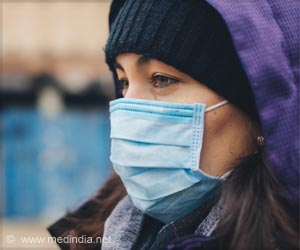Bioterrorism- A Public Threat

Definition: Bioterrorism is the unveiled or veiled dispensing of disease pathogens by individuals, groups, or governments for the expressed purpose of causing harm for ideological, political, or financial gain. Biological weapons have been called "the poor man's atom bomb." |
The threat of biological or chemical weapons being used can have overwhelming implications. Unfortunately, experts believe that it is no empty threat but a very real possibility. To mount an effective response to biological or chemical terrorism, people should be informed and educated about how such weapons can be used and what illnesses are likely to occur as a result. Until recently, biological terrorism had been little discussed or written about.
A comprehensive review of the problems posed by biological terrorism and warfare has been published. Four observations deserve special note. |
Thus, the first evidence of such weapons will be cases in hospital emergency rooms. Specialists in infectious diseases thus constitute the front line of defense. The rapidity with which they and emergency room personnel reach a proper diagnosis and the speed with which they apply preventive and therapeutic measures could spell the difference between thousands and perhaps tens of thousands of casualties.
Indeed, the survival of physicians and health-care staff caring for the patients may be at stake. However, today few have ever seen so much as a single case of smallpox, plague, or anthrax, or, for that matter, would recall the characteristics of such cases. Few, if any, diagnostic laboratories are prepared to confirm promptly such diagnoses.
Dissident nations, groups, and individuals have been turning to biological agents as a means of conducting warfare or terrorism. Many microorganisms and toxins are relatively easily acquired, and some can be mass-produced as aerosolized biological weapons. Inhalation of and other contact with these agents by large numbers of people could lead to mass casualties. Yet, many experts say that the probability of a large-scale attack is greater today than ever before. It is probably not a case of if, but when. Public health and emergency officials believe it is increasingly important for our health care system to be prepared for a bioterrorist strike. Likewise, it is paramount that hospital emergency departments recognize the signs and symptoms of exposure to biological agents and initiate immediate and appropriate treatment.

















